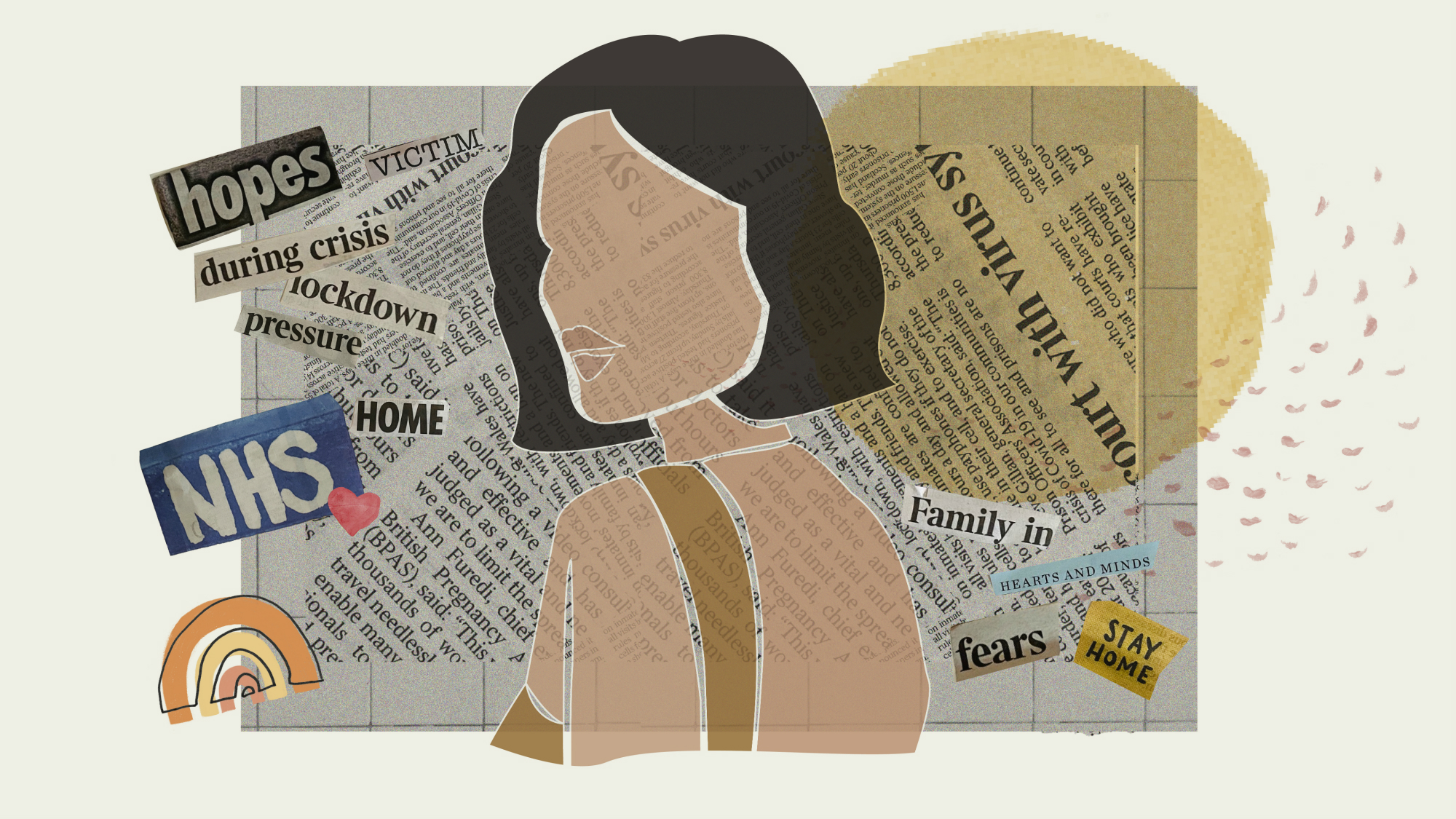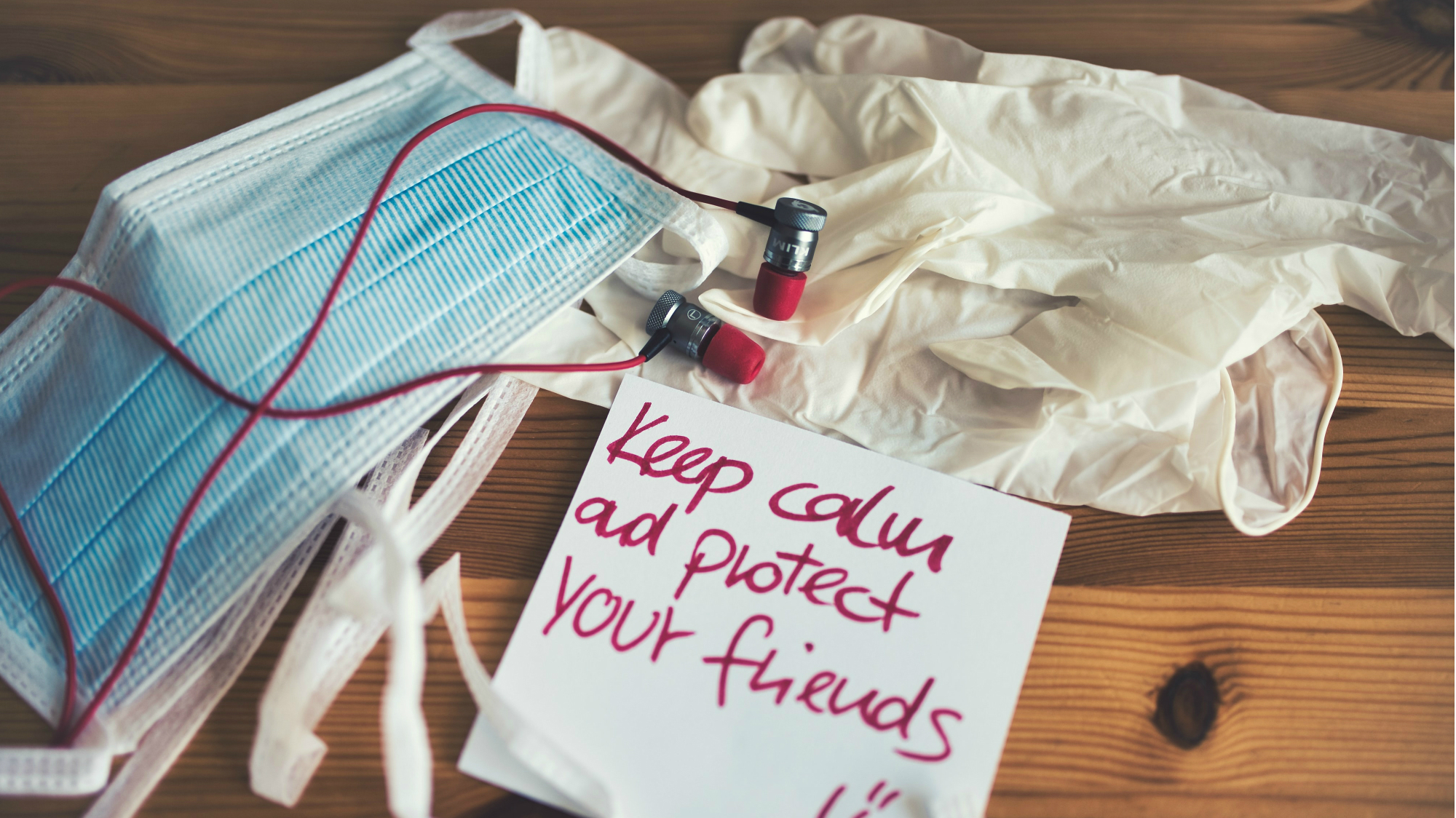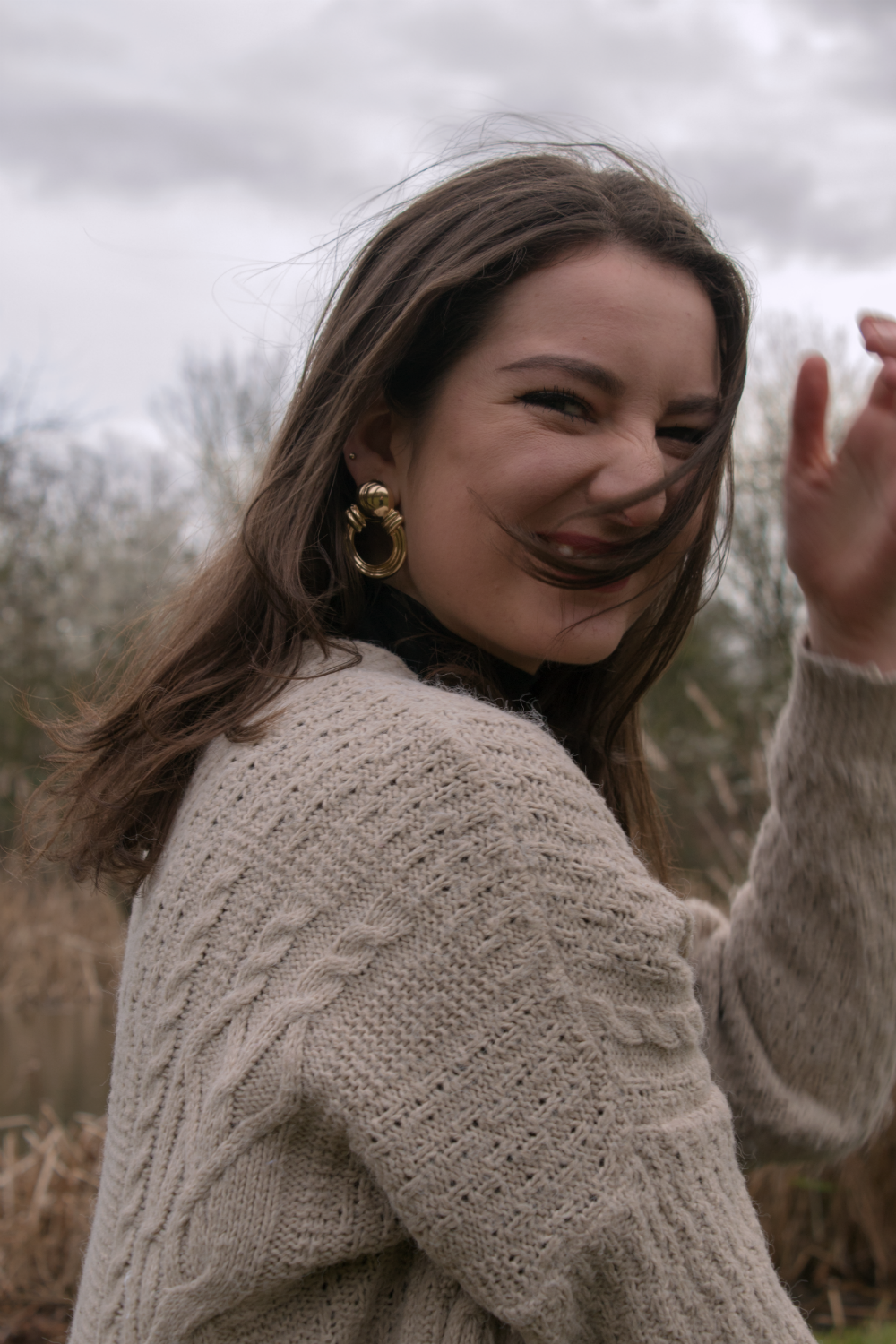Why it's time to talk about how women are more affected by the fallout of Covid-19
From frontline female workers and carers to women at risk of domestic violence and homelessness, the impact of Covid-19 is having a devastating effect. Here's what you can do to protect yourself and help women bearing the brunt of it


Celebrity news, beauty, fashion advice, and fascinating features, delivered straight to your inbox!
You are now subscribed
Your newsletter sign-up was successful
From frontline female workers and carers to women at risk of domestic violence and homelessness, the impact of Covid-19 is having a devastating effect. Here's what you can do to protect yourself and help women bearing the brunt of it
The pandemic is exacerbating inequalities and highlighting the disease's vicious side effects for women, that's the shocking warning published in a UN policy brief in early April 2020. And it's easy to see why, we're witnessing a worldwide economic freefall, billions of people stuck at home, an upsurge in reports of domestic violence and healthcare systems struggling to cope.
On a collective mission to save as many lives as possible, governments across the world have enforced extreme measures - school closures, isolation and enlisting frontline healthcare workers - to slow down the spread of Covid-19. There’s just one problem – women have been left to bear the brunt of the pandemic.
Tackling coronavirus will probably mean a disproportionate economic impact on women, as many are employed in service industries hit hard by Covid-19. Women also take on the bulk of unpaid family duties, a burden that's undoubtedly become even more all-consuming thanks to our 'new normal' of working from home, social distancing and self-isolation.
As the UN brief pointed out, women represent 70% of the global health workforce, but the resources we need to stay well (reproductive health services, maternal care) could fall between the healthcare cracks as many hospitals are in crisis mode. This may lead to more maternal mortalities, young pregnancies and sexually-transmitted diseases.
'There is no single society where we’ve achieved equality between men and women, and so this pandemic is being layered on top of existing inequalities, and it’s exacerbating those inequalities,' Nahla Valji, the UN’s senior gender adviser to the executive office of the secretary general, told The Guardian.
Because of the pandemic, the report said, 'even the limited gains made in the past decades' toward gender equality 'are at risk of being rolled back'.
Celebrity news, beauty, fashion advice, and fascinating features, delivered straight to your inbox!
In her book Invisible Women: Exposing Data Bias in a World Designed for Men, author Caroline Criado Perez writes, ‘No one meant to deliberately exclude women. It’s just what may seem objective is actually highly male-biased.’
With schools closed, mothers have been thrown into the balancing act of working from home whilst providing childcare. Add in the necessity of household chores (of which women do 40% more than men) and a difficult situation is made impossible, as many are forced to juggle three full-time roles.
And then there’s those who can’t work from home. Making up 77% of the NHS workforce, it's women at the frontline in the fight against Coronavirus. Despite working tirelessly around the clock to care for patients, vast PPE shortages continue to put the lives of our brave health workers at risk, and the most poorly paid are women. With recent reports revealing that some have been left with no choice but to make masks out of snorkels and school science goggles, Samantha Batt-Rawden, president of Doctors Association UK, stated: 'In the wake of the tragic death of three frontline NHS doctors, it is now vital the government act to protect the frontline.'

Isolation has also led to an alarming spike in domestic violence, with calls to the UK’s national abuse hotline rising by a shocking 65% last weekend. For women trapped in abusive relationships, home is the most toxic place to be – yet our policy makers failed to identify this link when implementing quarantine measures.
‘If you had gender experts at the table', said Sophie Harman, professor of politics at Queen Mary University of London, 'they would've flagged the issue of violence when you quarantine people in the home.' With nowhere left to turn, thousands of women are now living in fear of when the next terrifying blow will be dealt.
The pandemic also poses a heightened threat to the 236,000 people in Britain experiencing homelessness, where women face increased risk of sexual assault and violence. Forced to jump between sofa-surfing with strangers, sleeping on the streets and living in overcrowded hostels, social distancing is simply not an option for these women, placing them at significant risk of infection.
In line with our #InThisTogether campaign, Marie Claire will shine a spotlight on the stories of these hidden women and stand in solidarity with them. We’re supporting a number of charitable initiatives to help lift these women to safety, and urge our readers to get on board. Here’s what you can do to help today…
Provide PPE for NHS staff
Launched by a group of concerned NHS medics, the Masks For Heroes campaign is appealing for money to buy personal protective equipment (PPE) such as masks, visors and gloves, because healthcare workers feel they are ‘going to war without armour and protection.’ So far, the campaign has amassed £1,385,959, but supplies are still desperately in demand. To donate and provide equipment to NHS frontline staff, visit crowdfunder.co.uk/masks4nhsheroes
Help tackle homelessness
To cope with the growing demand for services as a result of the Coronavirus outbreak, housing and homelessness charity Shelter has launched its Emergency Fundraising Appeal, which aims to increase the telephone and digital advice services volunteers can provide to users. To help those most at risk of losing their homes, donate now
Support those facing violence in their homes
Refuge provides immediate refuge and emotional support for women at risk of domestic abuse. Emotional support will be provided for as long as it is needed, including accompanying a victim to court and providing counselling and a support network. The charity is currently asking people to buy refuge parcels containing supplies that women and children urgently need when escaping domestic violence. To select and send a parcel, click here
At Marie Claire, we'll be regularly updating our website and Instagram feed with the latest news from our #InThisTogether campaign. Tune into these platforms for more information about the initiatives we're supporting and how you can help.
Niamh McCollum is Features Assistant at Marie Claire UK, and specialises in entertainment, female empowerment, mental health, social development and careers. Tackling both news and features, she's covered everything from the rise of feminist audio porn platforms to the latest campaigns protecting human rights.
Niamh has also contributed to our Women Who Win series by interviewing ridiculously inspiring females, including forensic scientist Ruth Morgan, Labour MP Stella Creasy and ITV’s former Home Affairs Editor Jennifer Nadel.
Niamh studied Law in Trinity College Dublin. It was after enrolling in a Law & Literature class on her year abroad in Toronto that her love of writing was reignited. In no particular order, her big likes are Caleb Followill, hoops, red wine, sea swimming, shakshuka and long train journeys.
